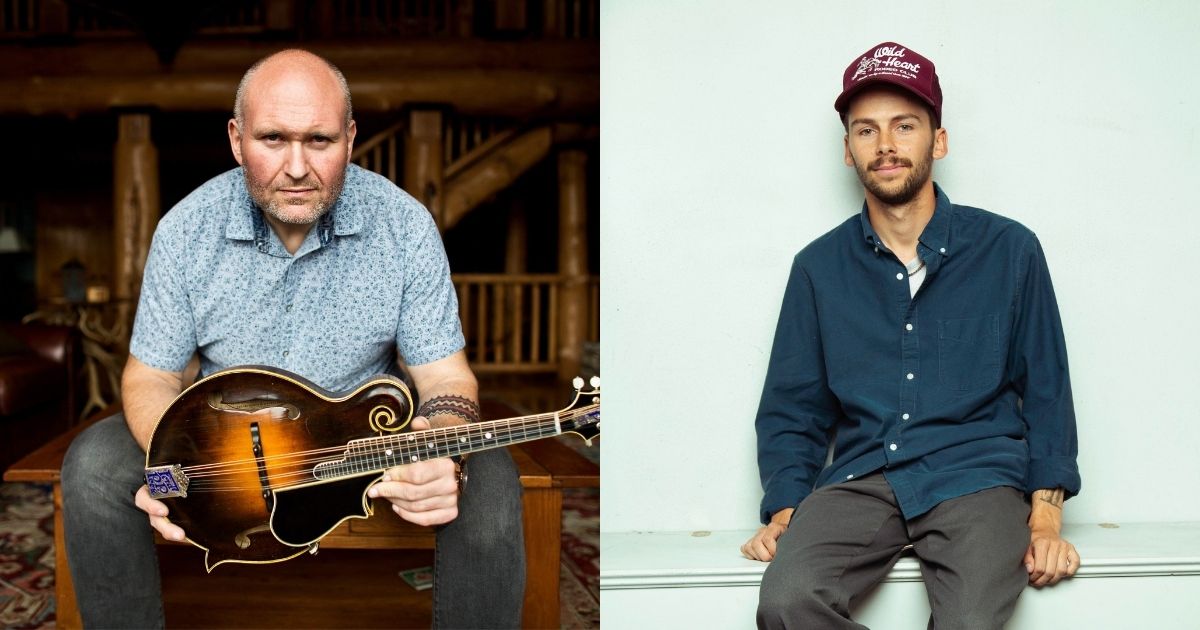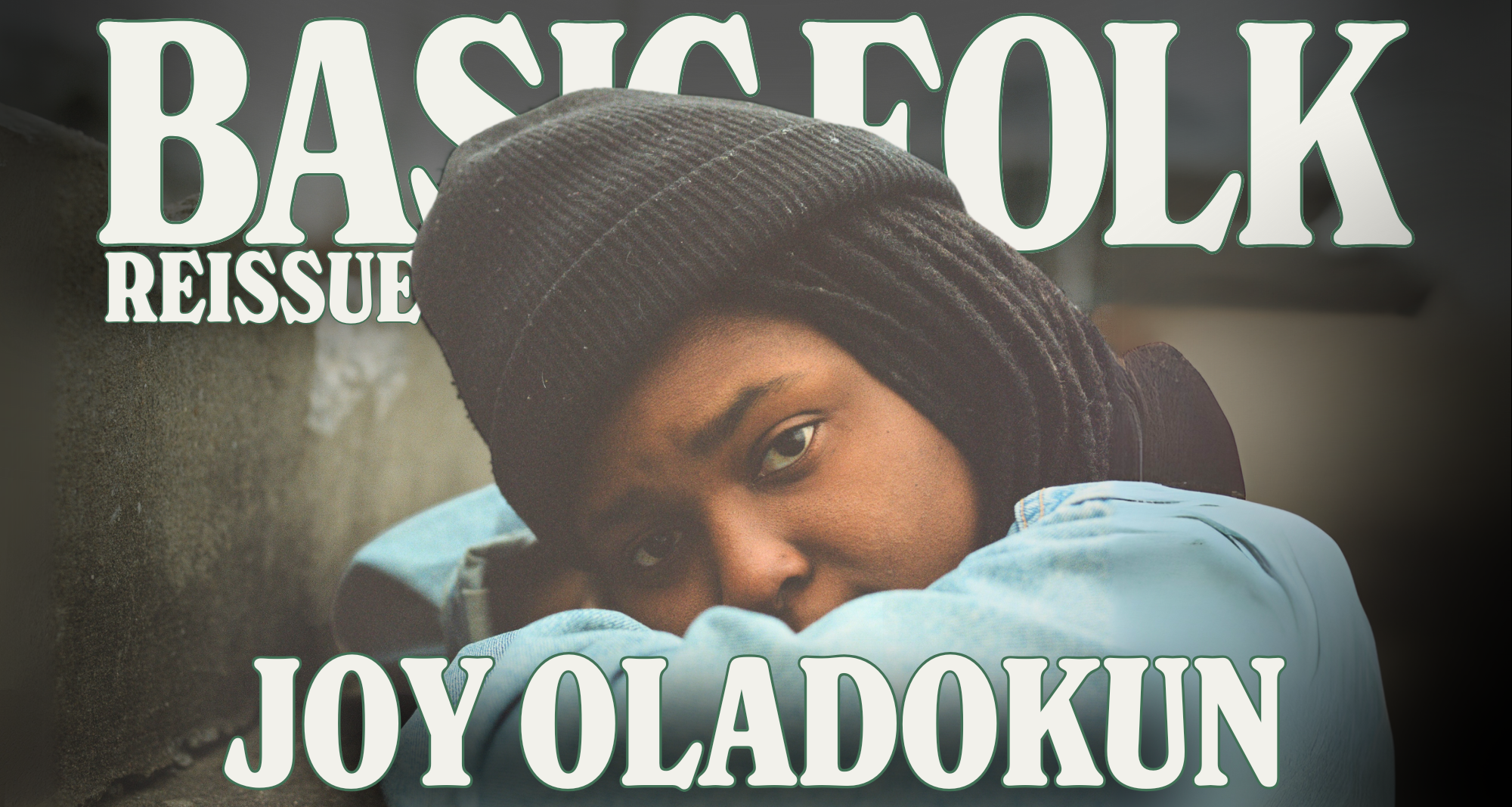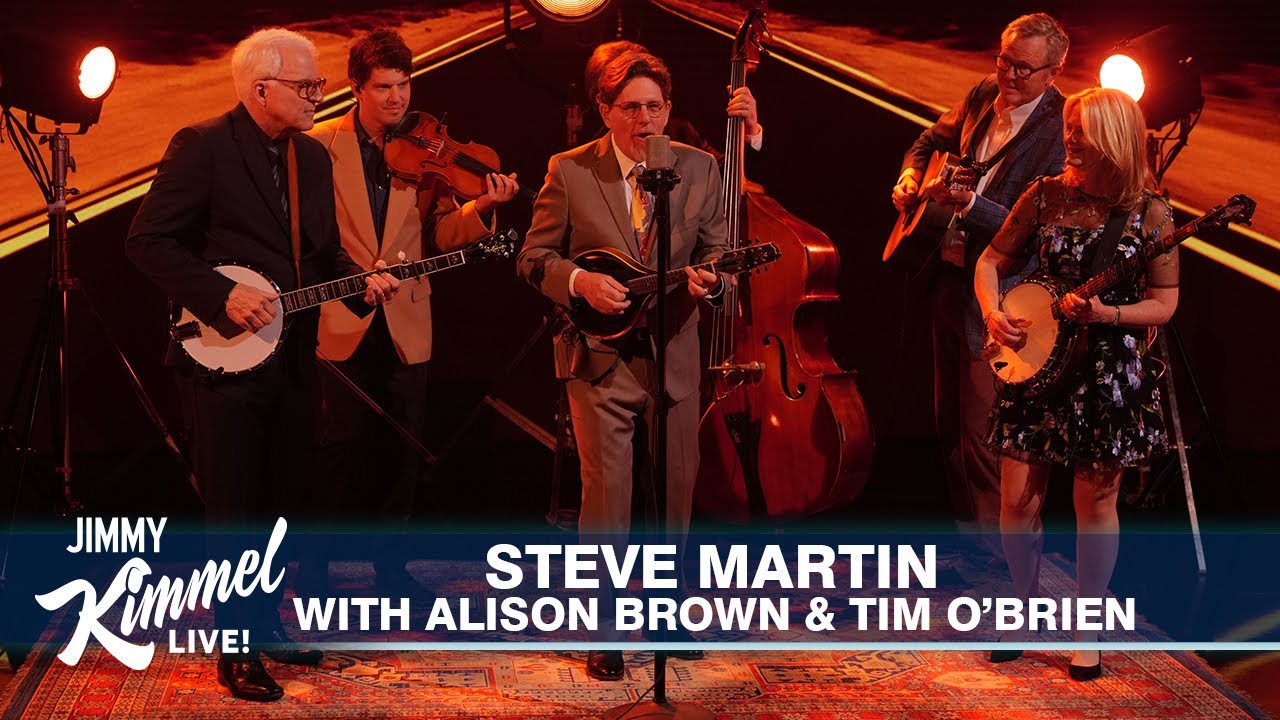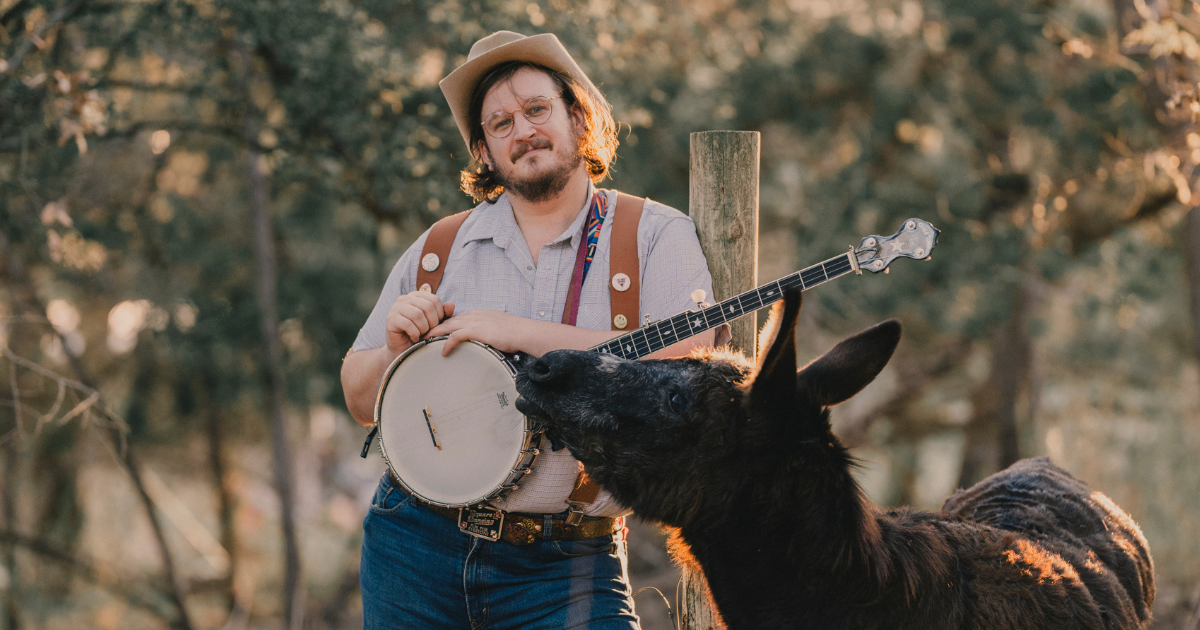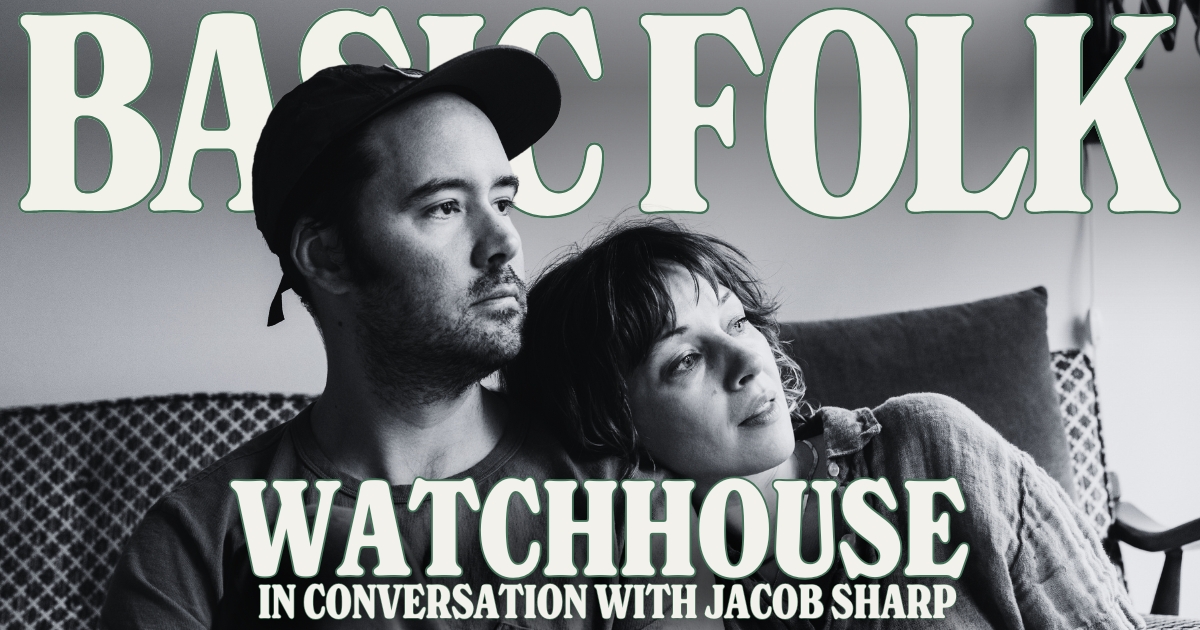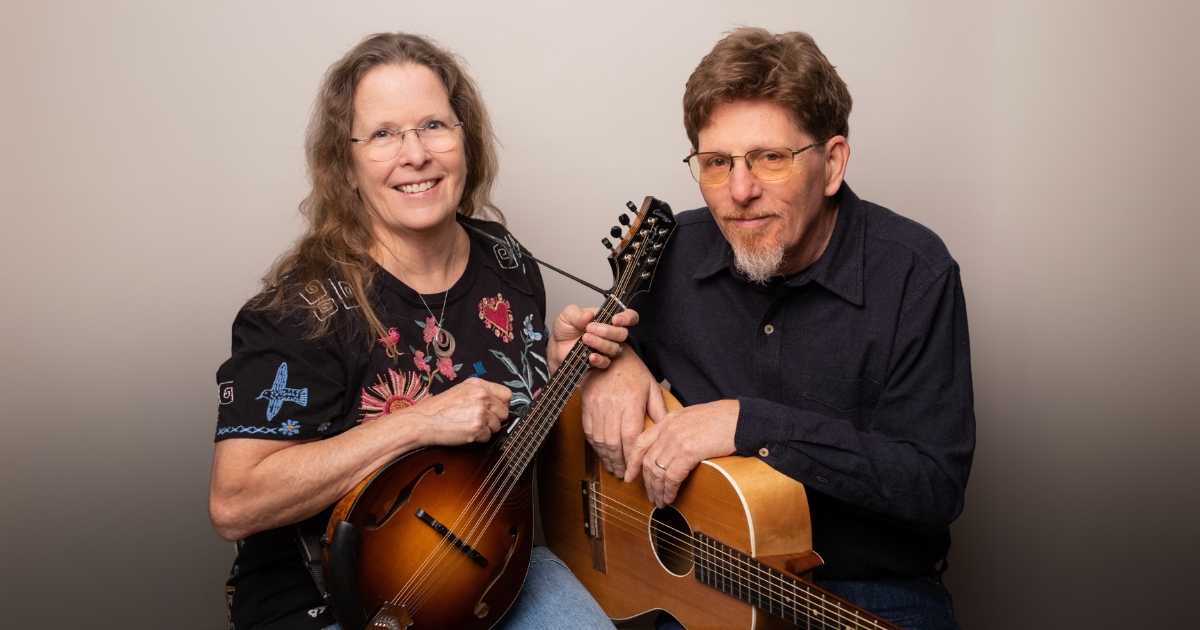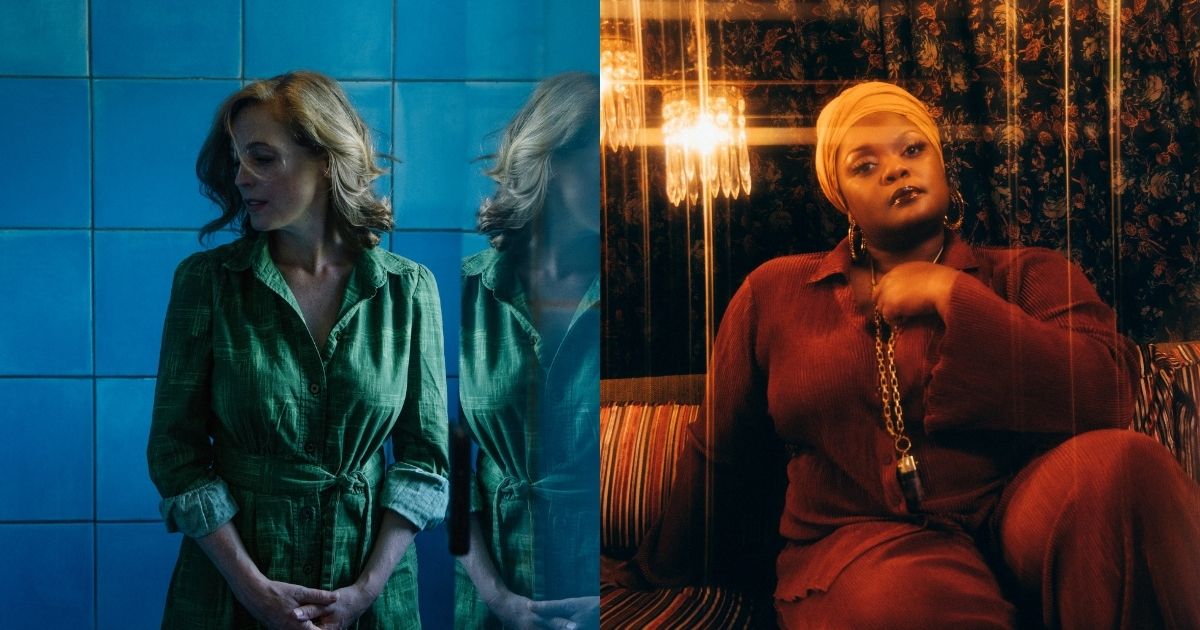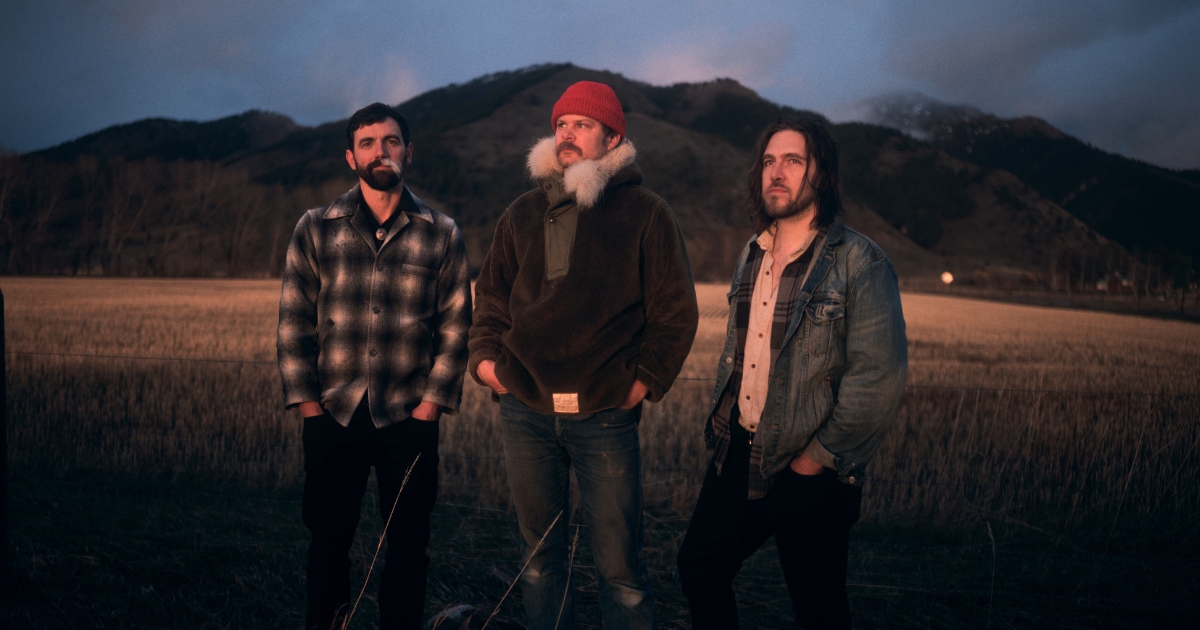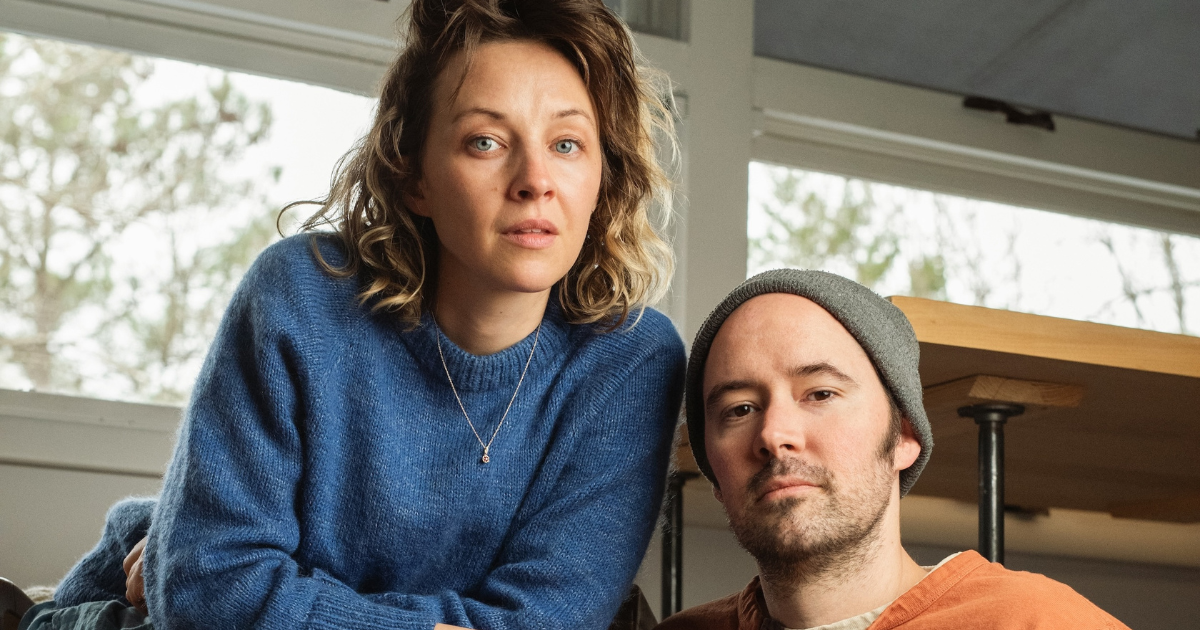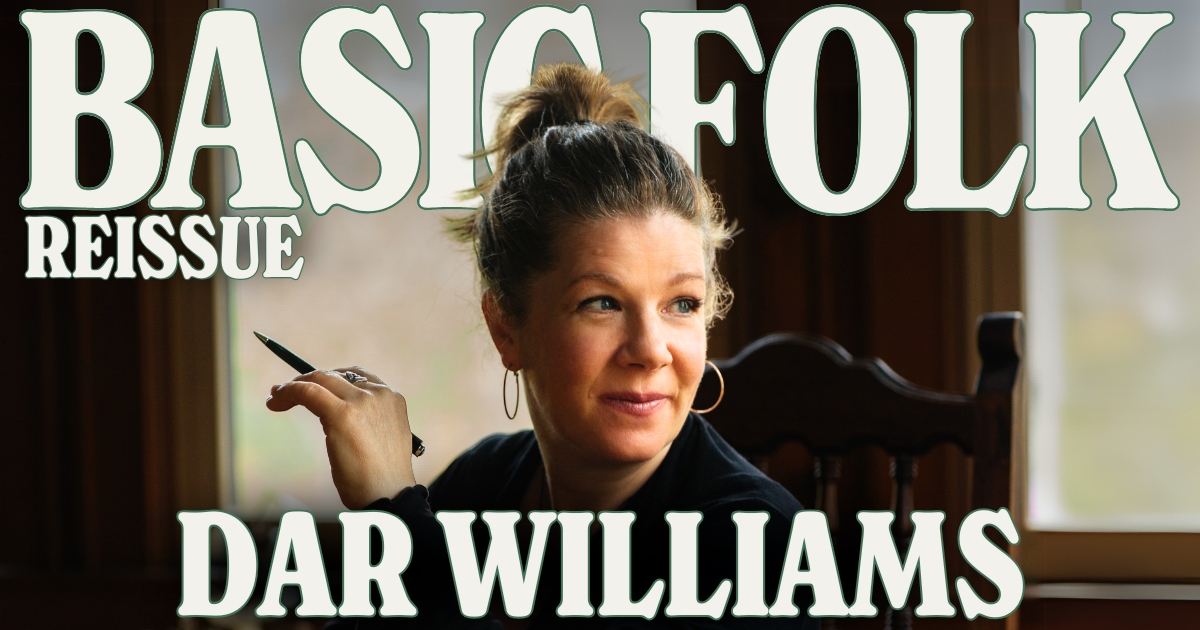It’s Friday, so we’ve got a passel of new songs and videos just for you. You Gotta Hear This!
Kicking us off, Nashville-based Americana duo Haunted Like Human bring their new single, “Married in Savannah,” about change, growth, and vowing to break generational cycles. It’s a thoughtful track with a beat and vibe that lean forward expectantly – or, perhaps, still hopefully. Meanwhile, Lauren Lovelle shares a song that she released earlier this week, “Anxiously Attached,” a two-steppin’ honky-tonk number about repeated disappointments in love and relationships that’s perfectly lonesome and self-deprecating.
Aptly timed for our current heat wave, Hawaii-born country artist Maoli drops his new album Last Sip of Summer today, and you can hear “Better Off on a Beach” below. While you sweat through these high temps, hit play and lean into his mainstream island-drenched country sounds while you imagine the sand between your toes. Plus, keeping the summer mood going, roots rockers Little Feat have released a brand new video for “4 Days of Heaven 3 Days of Work,” the groovin’ opening track from their new album, Strike Up The Band, which was released last month.
Mandolinist Danny Roberts shares a new instrumental tune below, too. “Leitchfield” is a pulsing, acrobatic original mandolin composition that pays homage to Leitchfield, Kentucky, a place Roberts calls “the fiddling capital of Kentucky.” (He should know, too, as he holds a Key to the City!) His labelmate and fellow mandolinist Darren Nicholson also has a new single today, “I’ve Got No Tears Left to Cry.” It’s a lonesome fast waltz that follows Marty Stuart’s sage advice to always trust a simple song.
To wrap us up, check out singer-songwriter Jackson Scribner’s “Depression Kids,” the title track for his just-announced album that was unveiled earlier this week. “…Although [depression is] looked at in a negative manner most of the time,” Jackson says, “it’s something that can bring us all together.” Packaged in vibey steel guitar and equal dashes of Americana and indie folk, the song ends up where our collection this week started, finding traces of hope in perhaps unlikely sentiments.
Of course we think this is a lovely round-up of new music, but you ought to decide for yourself. After all, You Gotta Hear This!
Haunted Like Human, “Married in Savannah”
Artist: Haunted Like Human
Hometown: Nashville, Tennessee; originally Fayetteville, Georgia (Dale Chapman) and Milton-Freewater, Oregon (Cody Clark)
Song: “Married In Savannah”
Album: American Mythology
Release Date: June 27, 2025 (single); October 17, 2025 (album)
In Their Words: “‘Married in Savannah’ is a song about growing up and realizing that you’ve grown into someone very different than the people that you thought that you knew. The song unfolds as the narrator looks at their relationship with an old and dear friend that they’ve drifted apart from. She was fiery and passionate and felt stifled by the expectations of the posh Southern family that she came from. The two spent their younger years vowing to break cycles and craft lives of their own, but the narrator now finds that their friend has seemingly become all of the things that she used to hate. Our narrator has to sit with the questions that they won’t ever get answers to, like whether the friend’s spirit was broken or if it was all just youthful naiveté that she set aside as she matured. They mourn the loss of the friend that they knew and the future that she could have had.” – Haunted Like Human
Track Credits:
Byron House – Bass
Paul Eckberg – Percussion
Charlie Lowell – Keys
Eleonore Denig – Violin
Cody Clark – Guitar, vocals
Dale Chapman – Vocals
Engineered and mixed by Mitch Dane.
Mastered by Veronica Conners.
Little Feat, “4 Days of Heaven 3 Days of Work”
Artist: Little Feat
Hometown: Bill Payne – Emigrant, Montana; Kenny Grandy – Los Angeles, California; Sam Clayton – Fallbrook, California; Fred Tackett – Los Angeles, California; Scott Sharrard – New York, New York; Tony Leone – New York, New York
Song: “4 Days of Heaven 3 Days of Work”
Album: Strike Up The Band
Release Date: May 9, 2025
Label: Hot Tomato
In Their Words: “‘4 Days of Heaven 3 Days of Work’ is the opening track on our new album. The ‘Gonzo Funk’ in the song’s lyrics and groove exemplify our lineup’s take on the classic Feat boogie. It is also the only tune on the album that was co-written by Bill, Tony, and I. All the riffs and lyrical imagery could only have come out of the three of us throwing ideas around together. Once the band got a hold of it, it went to a whole other level. This one was a true collaboration in service of the song.” – Scott Sharrard
Lauren Lovelle, “Anxiously Attached”
Artist: Lauren Lovelle
Hometown: Newton, Kansas
Song: “Anxiously Attached”
Album: Other Dreams EP
Release Date: June 25, 2025 (single); September 9, 2025 (EP)
In Their Words: “[‘Anxiously Attached’ is] about begging for the bare minimum, putting your partner on a pedestal, and in turn, repeatedly disappointing yourself. I find myself laughing during that ‘dammit I gotta work the dinner shift’ line, because I often am playing a gig right after working a dinner shift.” – Lauren Lovelle
Maoli, “Better Off on a Beach”
Artist: Maoli
Hometown: Maui, Hawaii
Song: “Better Off on a Beach”
Album: Last Sip of Summer
Release Date: June 27, 2025
In Their Words: “‘Better off on a Beach’ is such a vibe. There’s something magical about the beach – it’s like time slows down, and everything just clicks into place. Honestly, I don’t know a single person who isn’t better off with their toes in the sand. Being from Hawai‘i, I’ve always felt a deep connection to the ocean. The sound of waves rolling in, the warm sand beneath your feet – it takes you to a different place mentally. This song brings all of that home for me. It’s about letting go of your worries, surrounding yourself with good friends, and soaking up the good times. It’s about leaving your troubles behind… back where the pavement ends.” – Maoli
Darren Nicholson, “I’ve Got No Tears Left to Cry”
Artist: Darren Nicholson
Hometown: Canton, North Carolina
Song: “I’ve Got No Tears Left To Cry”
Release Date: June 27, 2025
Label: Mountain Home Music Company
In Their Words: “I heard Marty Stuart say once that you should always trust a simple song. That stuck with me. So, ‘I’ve Got No Tears Left To Cry’ is just that. It’s a blunt goodbye letter from a jaded lover who is completely over being burned one too many times. It’s a ‘moving on’ song. Musically, it’s a traditional sounding piece that is reminiscent of classic bluegrass and honky-tonk music. It’s written to sing with big harmonies and Kevin and Avery nailed those. I am very proud of this cut and think bluegrass fans will enjoy it!” – Darren Nicholson
Track Credits:
Darren Nicholson – Mandolin, lead vocal
Mark Fain – Upright bass
David Johnson – Acoustic guitar
Deanie Richardson – Fiddle
Avery Welter – Harmony vocal
Kevin Sluder – Harmony vocal
Danny Roberts, “Leitchfield”
Artist: Danny Roberts
Hometown: Nashville, Tennessee
Song: “Leitchfield”
Release Date: June 27, 2025
Label: Mountain Home Music Company
In Their Words: “When I wrote this tune, I didn’t have a title in mind and needed to come up with something to call it. While listening to the song and pondering on a name, I got thinking about the fact that my lifelong friend, Jimmy Mattingly, played fiddle on it. That led me down the path of recalling us growing up on adjacent farms, going to school and playing music together which gave me the idea that it would be cool to have a song named after our hometown of Leitchfield, Kentucky. Leitchfield/Grayson County is the fiddling capital of Kentucky and has produced many fiddlers and other musicians over the years and I’m very proud to call it home. I was honored to receive the Key to the City from Mayor Harold Miller at last year’s Twin Lakes National Fiddler Championship and I’m dedicating ‘Leitchfield’ to all the wonderful folks there.
“It was so much fun getting to record this with some of the greatest musicians I’ve ever picked with – Jimmy Mattingly, Tony Wray, and Andrea Roberts, and I appreciate them helping me bring this tune to life. I hope everyone enjoys it!” – Danny Roberts
Track Credits:
Danny Roberts – Mandolin
Andrea Roberts – Bass
Tony Wray – Acoustic guitar, banjo
Jimmy Mattingly – Fiddle
Jackson Scribner, “Depression Kids”
Artist: Jackson Scribner
Hometown: Melissa, Texas
Song: Depression Kids
Album: Depression Kids
Release Date: June 25, 2025 (single); September 19, 2025 (album)
Label: State Fair Records
In Their Words: “I wrote this song on a bunch of sticky notes on my bedroom floor, thinking about the different ways I feel depression. It occurred to me that no matter what sort of depression people are dealing with, everyone deals with it. Everyone’s in the same giant boat. In a way, although it’s looked at in a negative manner most of the time, it’s something that can bring us all together.” – Jackson Scribner
Photo Credit: Darren Nicholson by Jeff Smith; Jackson Scribner by Brendan Blaney.
